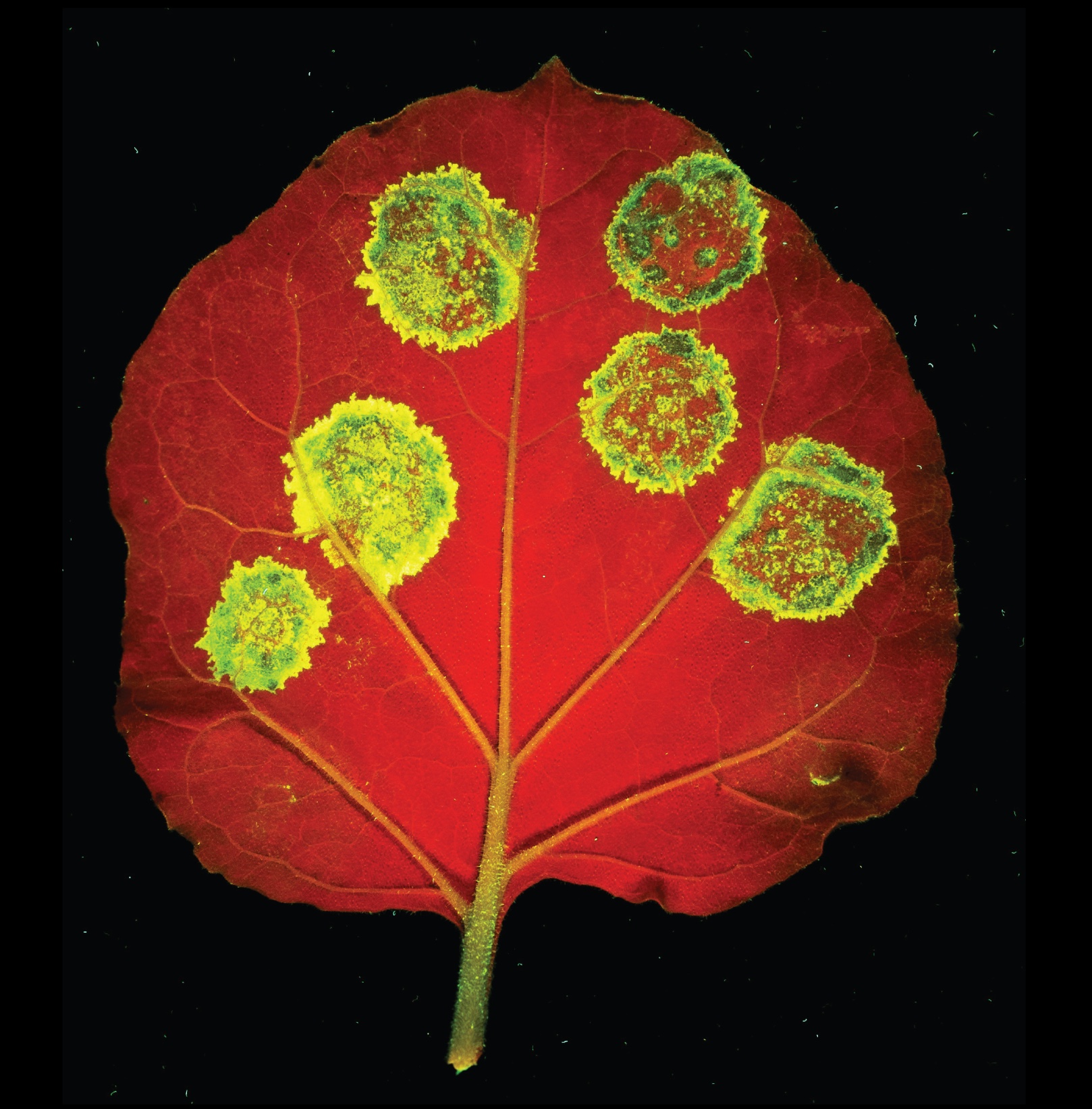What is OpenPlant?
Synthetic Biology offers the prospect of reprogrammed biological systems for improved and sustainable bioproduction. While early efforts in the field have been directed at microbes, the engineering of plant systems provides even greater potential benefits. In contrast to microbes, plants are already globally cultivated at extremely low cost, harvested on the giga-tonne scale, and routinely used to produce the widest range of biostuffs, from fibres, wood, oils, sugar, fine chemicals, drugs to food. Plants are genetically facile, and GM plants are currently grown on the >100 million hectare scale. Plant systems are ripe for synthetic biology, and any improvement in the ability to reprogram metabolic pathways or plant architecture will have far-reaching consequences.
We believe that there is a crucial need to accelerate the development and open sharing of new tools and methods for plant synthetic biology. OpenPlant is a joint initiative between the University of Cambridge, John Innes Centre and the Earlham Institute, funded by the BBSRC and EPSRC as part of the UK Synthetic Biology for Growth programme. The initiative promotes (i) interdisciplinary exchange, (ii) open technologies and (iii) responsible innovation for improvement of sustainable agriculture and conservation.
Interdisciplinary exchange: The UK provides a ideal hub for interdisciplinary exchange between foundational sciences like botany, agronomy, physics, chemistry, computer sciences and engineering. This exchange drives innovation for the engineering of biological systems. OpenPlant promotes and funds the development of novel foundational technologies, the creation of international standards for plant synthetic biology, and open tools for trait development. We believe that advances in plant synthetic biology will provide a key to securing and sustaining future food and materials production, and that there should be worldwide open access to these benefits.
Open technologies for innovation: Current IP practices and restrictive licensing threaten to restrict innovation as the scale of DNA systems increases. We believe that the field needs to explore new “two-tier” intellectual property models that will protect investment in applications, while promote sharing of DNA components and freedom-to-operate for innovators in business and social enterprises. We are building new frameworks and collaborations for open innovation in plant synthetic biology.
Responsible innovation for sustainable agriculture and conservation: Past experiences with GM technologies have shown that they cannot be developed in isolation from social, ethical and environmental considerations, and OpenPlant supports work on the wider implications of the technology at local and global scales, including discussions on the potential impact of Synthetic Biology on environmental conservation and sustainable human practices. These bring together a wide range of engineers, scientists and policy developers to explore the wide implications for adopting new technologies and different models for sustainable agriculture, bioproduction and land use.
OpenPlant supports the standardisation and global sharing of open technologies for plant synthetic biology. We aim to catalyse responsible innovation for sustainable agriculture and conservation. Further, OpenPlant provides new tools and a point of exchange for young scientists and entrepreneurs in the UK.


















